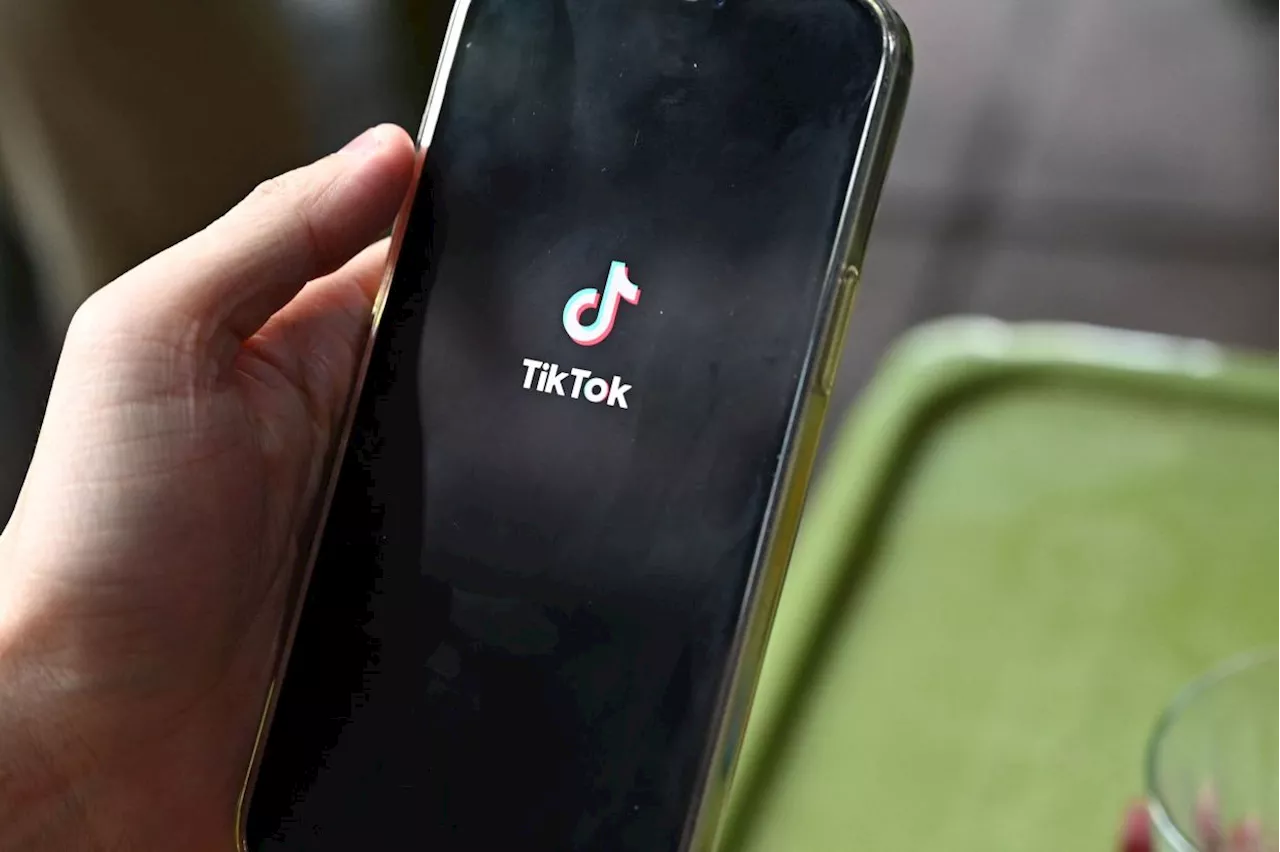Vietnam has implemented new internet regulations requiring social media platforms like Facebook and TikTok to verify user identities and share data with authorities. Critics argue that these measures will further restrict freedom of expression and target dissenting voices.
New Vietnam ese internet rules requiring Facebook and TikTok to verify user identities and hand over data to authorities came into force on Wednesday (Dec 25). Under 'Decree 147', all tech giants operating in Vietnam must verify users' accounts via their phone numbers or Vietnam ese identification numbers and store that information alongside their full name and date of birth.
They must provide that data to authorities on request and remove any content the government regards as 'illegal' within 24 hours. All social media sites had been given 90 days to provide data on 'the total number of regular visits from Vietnam' and the number of regular users per month to authorities, the website said. 'Decree 147 will be used to publicly suppress those with different viewpoints,' said activist Dang Thi Hue, who writes about politics and social issues on her Facebook account, which has 28,000 followers. The decree was 'the latest sign of infringement of basic freedoms... with a vague line between what is legal and what is not,' said former political prisoner Le Anh Hung. 'No one wants to go to jail, so of course some activists will be more cautious and afraid of this decree.' Vietnam's hardline administration generally moves swiftly to stamp out dissent and arrest critics, especially those who find an audience on social media. In October, blogger Duong Van Thai -- who had almost 120,000 followers on YouTube, where he regularly recorded livestreams critical of the government -- was jailed for 12 years on charges of publishing anti-state information. Decree 147 builds on a 2018 cybersecurity law that was sharply criticised by the United States, European Union and internet freedom advocates who said it mimics China's repressive censorship of the internet
Vietnam Internet Censorship Freedom Of Speech Social Media Regulation Cybersecurity
Malaysia Latest News, Malaysia Headlines
Similar News:You can also read news stories similar to this one that we have collected from other news sources.
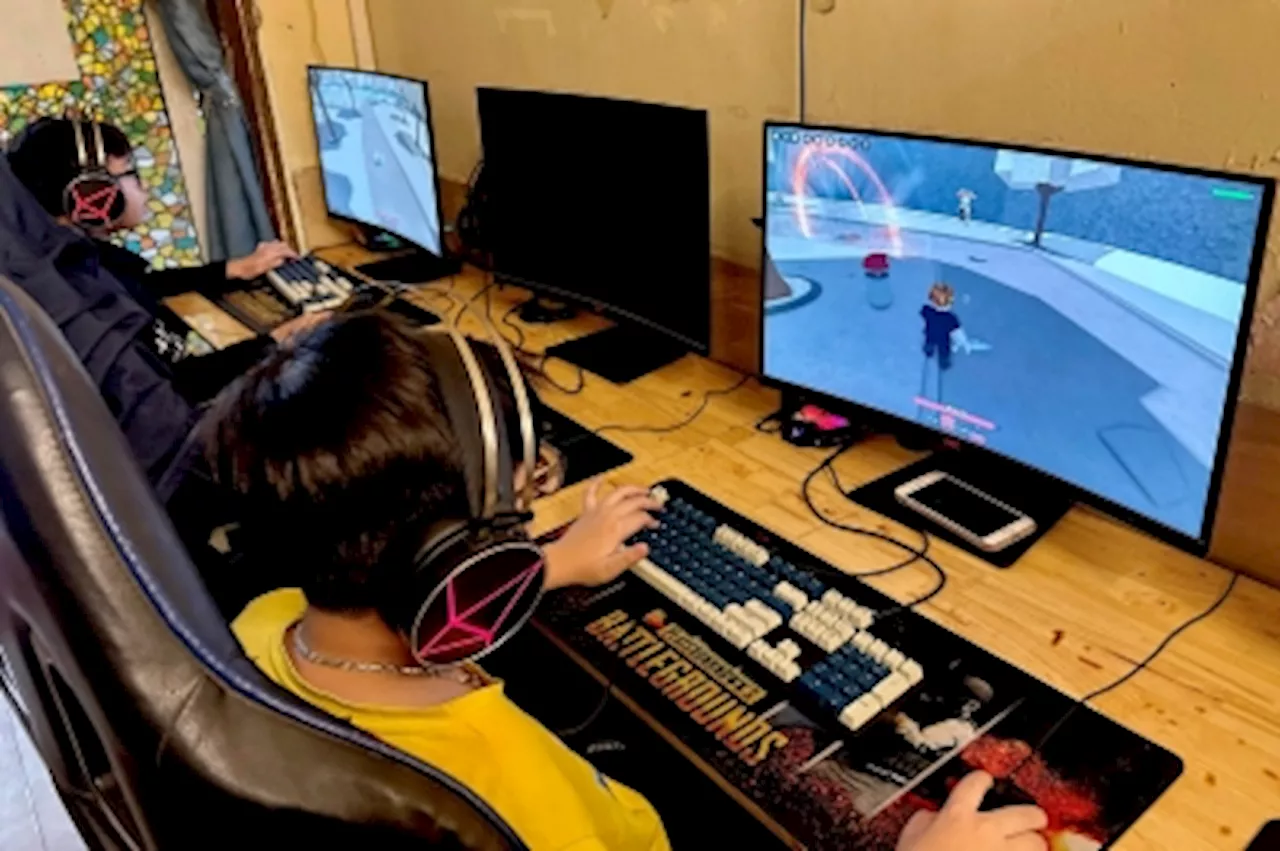 Vietnam's Strict Internet Rules Take Effect, Targeting Social Media GiantsNew Vietnamese internet regulations, Decree 147, mandate identity verification for Facebook and TikTok users and require tech giants to share user data with authorities. Critics argue that the decree restricts freedom of expression and could be used to suppress dissent.
Vietnam's Strict Internet Rules Take Effect, Targeting Social Media GiantsNew Vietnamese internet regulations, Decree 147, mandate identity verification for Facebook and TikTok users and require tech giants to share user data with authorities. Critics argue that the decree restricts freedom of expression and could be used to suppress dissent.
Read more »
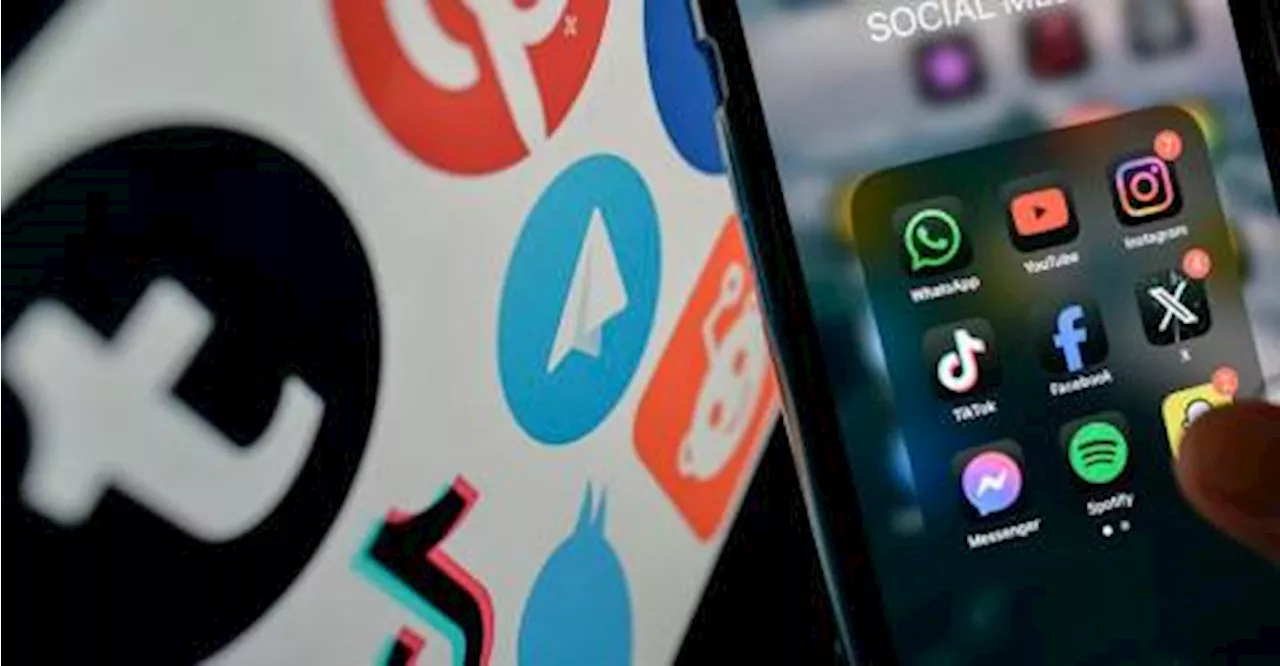 Vietnam's New Internet Rules Clamp Down on Free SpeechNew regulations in Vietnam require social media platforms like Facebook and TikTok to verify user identities and provide data to authorities, raising concerns about censorship and suppression of dissenting voices.
Vietnam's New Internet Rules Clamp Down on Free SpeechNew regulations in Vietnam require social media platforms like Facebook and TikTok to verify user identities and provide data to authorities, raising concerns about censorship and suppression of dissenting voices.
Read more »
 KPDN Enforces Permit Rule for High-Volume Diesel PurchasesKPDN announces that diesel purchases exceeding the set limit will now require a special permit to ensure proper monitoring and usage
KPDN Enforces Permit Rule for High-Volume Diesel PurchasesKPDN announces that diesel purchases exceeding the set limit will now require a special permit to ensure proper monitoring and usage
Read more »
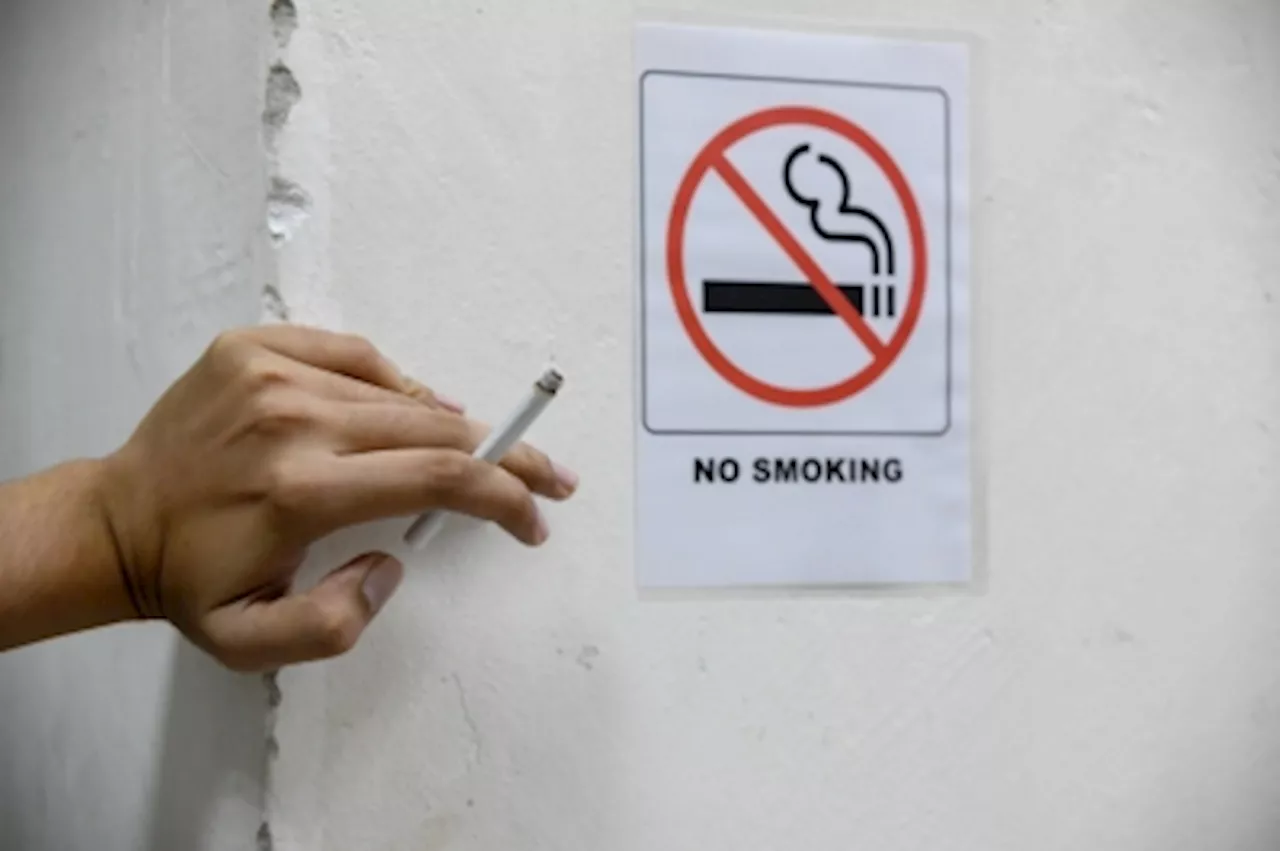 UK parliament considers strict anti-smoking Bill targeting youth bans and vape restrictionsLONDON, Nov 26 — British lawmakers will today debate and vote on plans to introduce some of the world’s strictest anti-smoking rules, including banning younger people from...
UK parliament considers strict anti-smoking Bill targeting youth bans and vape restrictionsLONDON, Nov 26 — British lawmakers will today debate and vote on plans to introduce some of the world’s strictest anti-smoking rules, including banning younger people from...
Read more »
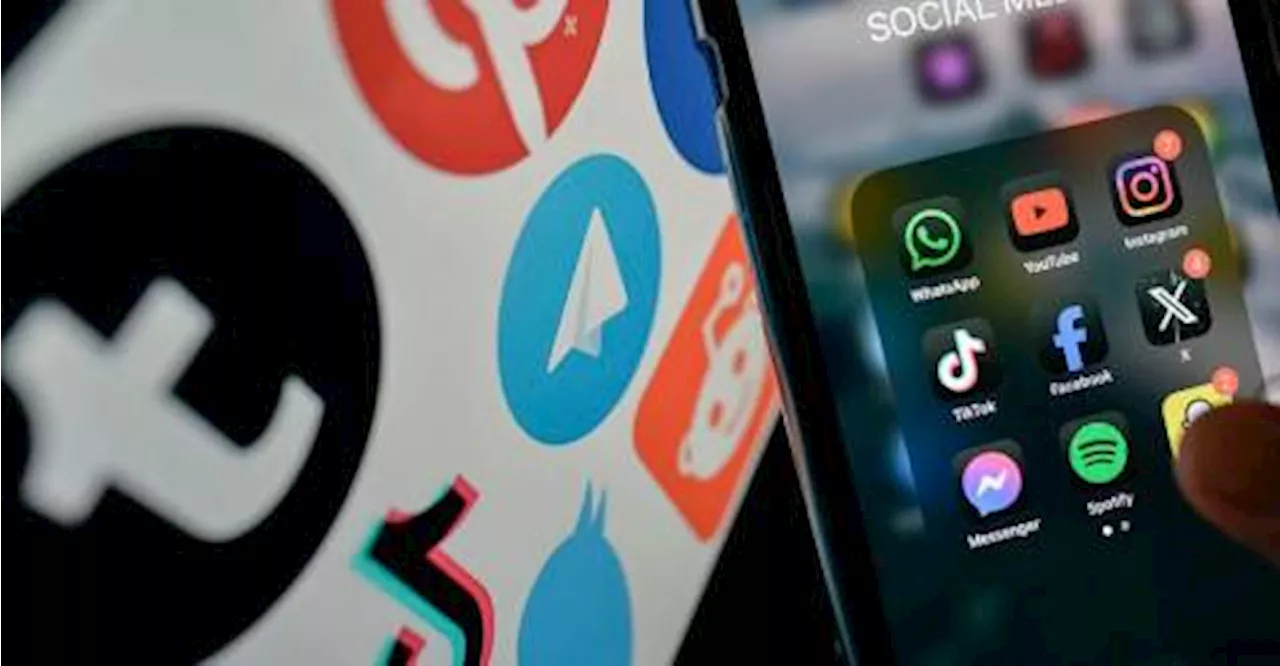 Australian Lawmakers Pass Strict Social Media Ban for Under 16sAustralian lawmakers have passed a bill banning individuals under the age of 16 from using social media platforms such as Facebook, Instagram, and X. The legislation, supported by both parties, requires social media companies to implement measures to prevent young teens from creating accounts and faces fines of up to Aus$50 million for non-compliance. The tech industry has criticized the new laws, describing them as vague and rushed.
Australian Lawmakers Pass Strict Social Media Ban for Under 16sAustralian lawmakers have passed a bill banning individuals under the age of 16 from using social media platforms such as Facebook, Instagram, and X. The legislation, supported by both parties, requires social media companies to implement measures to prevent young teens from creating accounts and faces fines of up to Aus$50 million for non-compliance. The tech industry has criticized the new laws, describing them as vague and rushed.
Read more »
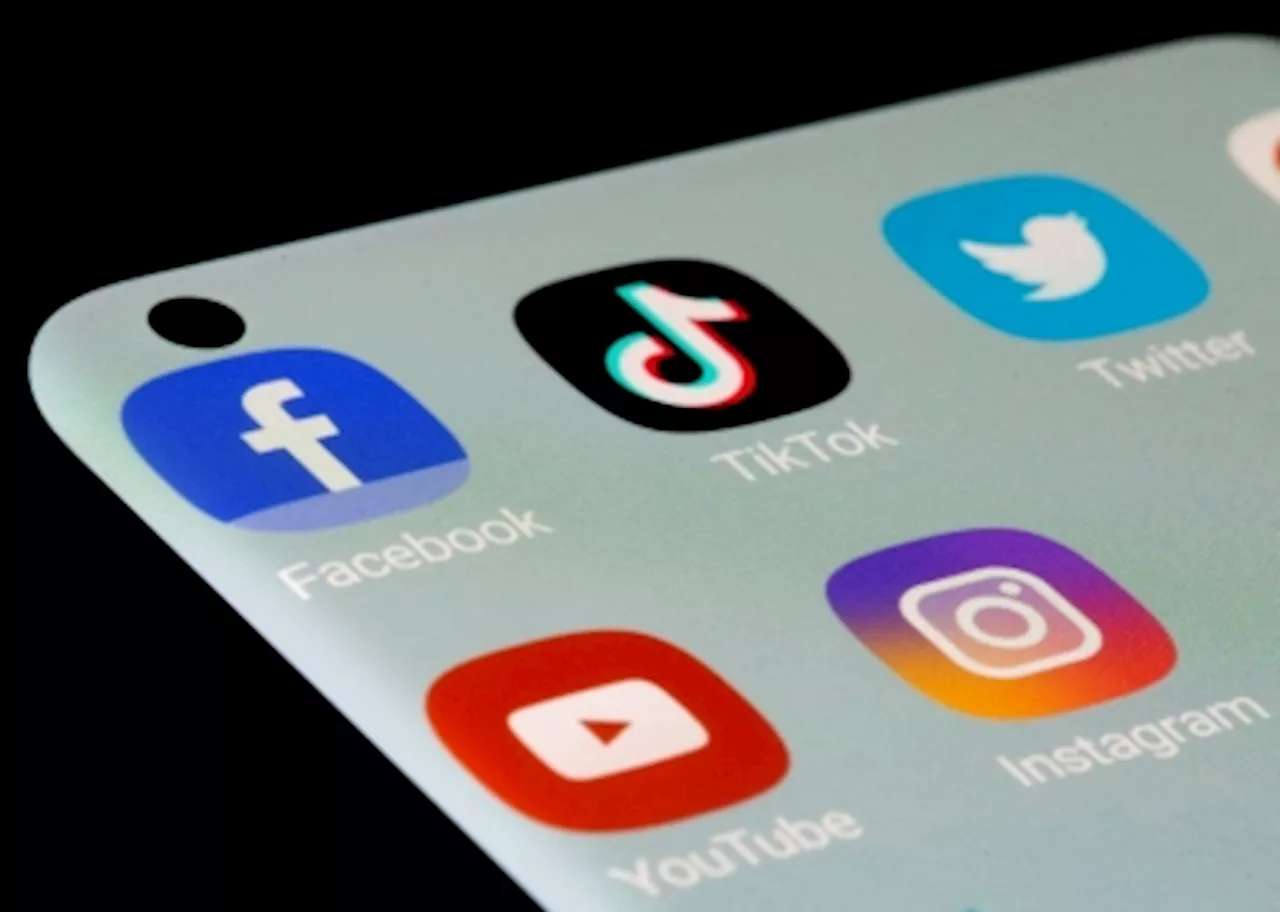 Australia Approves Strict Social Media Ban for Minors Under 16Australia has implemented one of the world's strictest social media regulations, banning tech giants like Meta and TikTok from allowing users under 16 to log in, with potential fines of up to A$49.5 million. A trial to enforce the ban will start in January, with the full implementation expected in a year.
Australia Approves Strict Social Media Ban for Minors Under 16Australia has implemented one of the world's strictest social media regulations, banning tech giants like Meta and TikTok from allowing users under 16 to log in, with potential fines of up to A$49.5 million. A trial to enforce the ban will start in January, with the full implementation expected in a year.
Read more »
